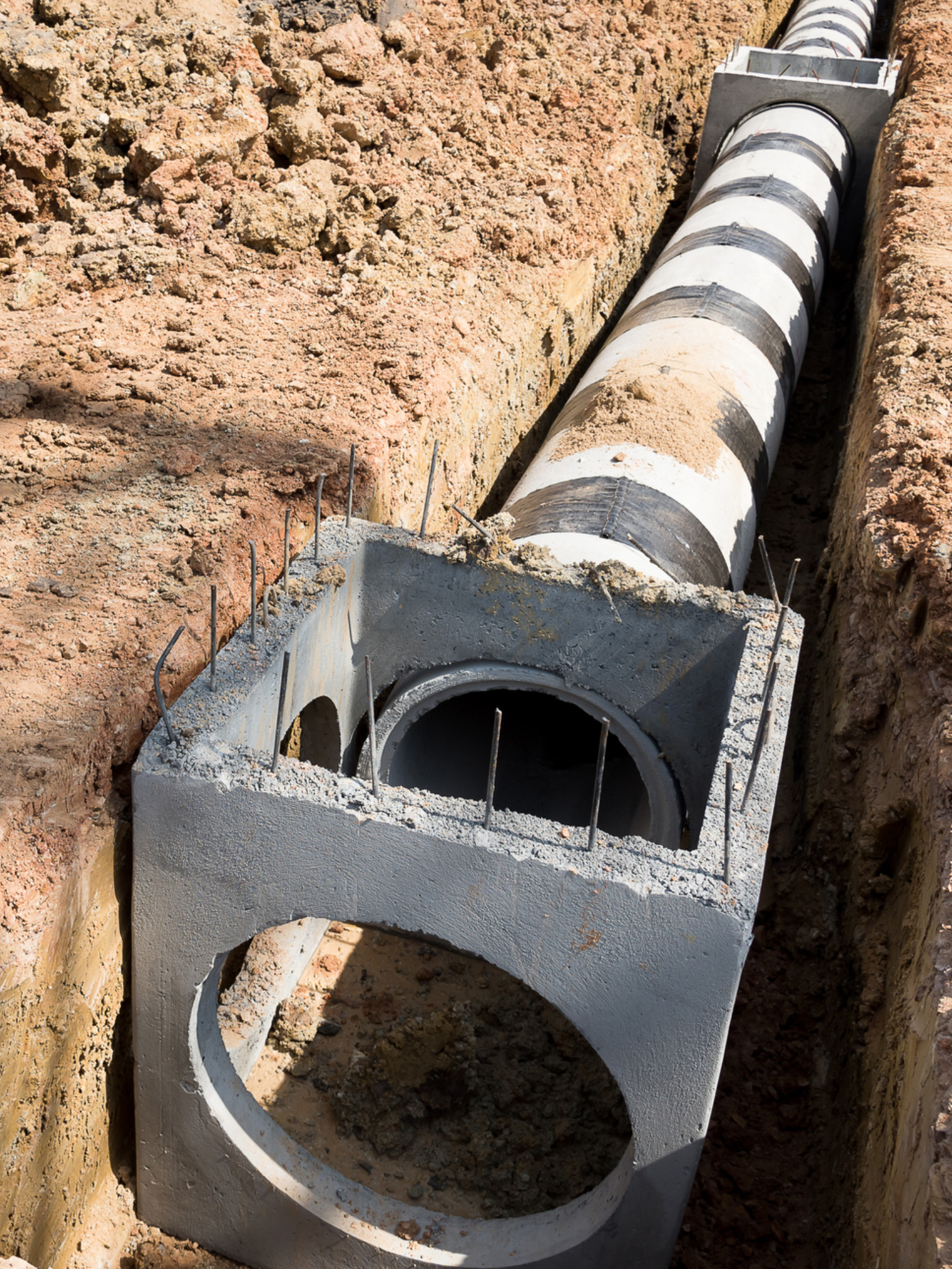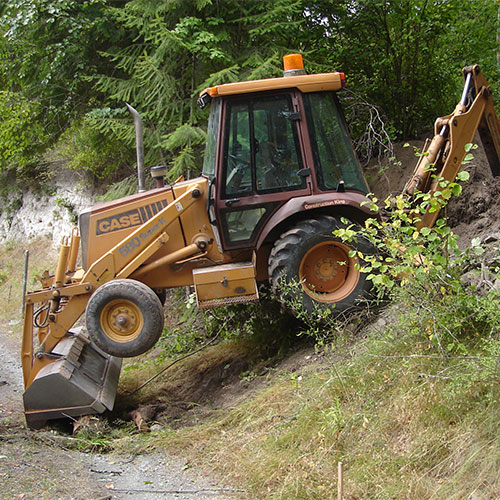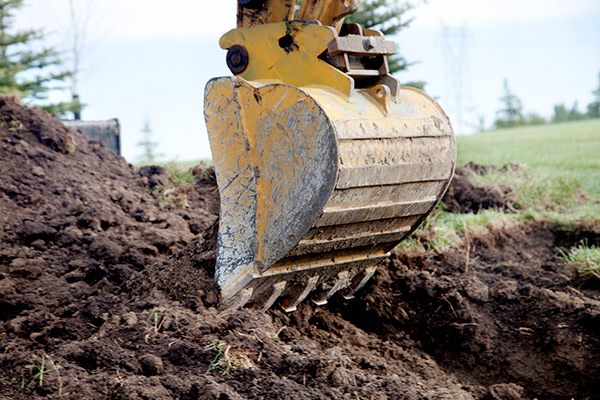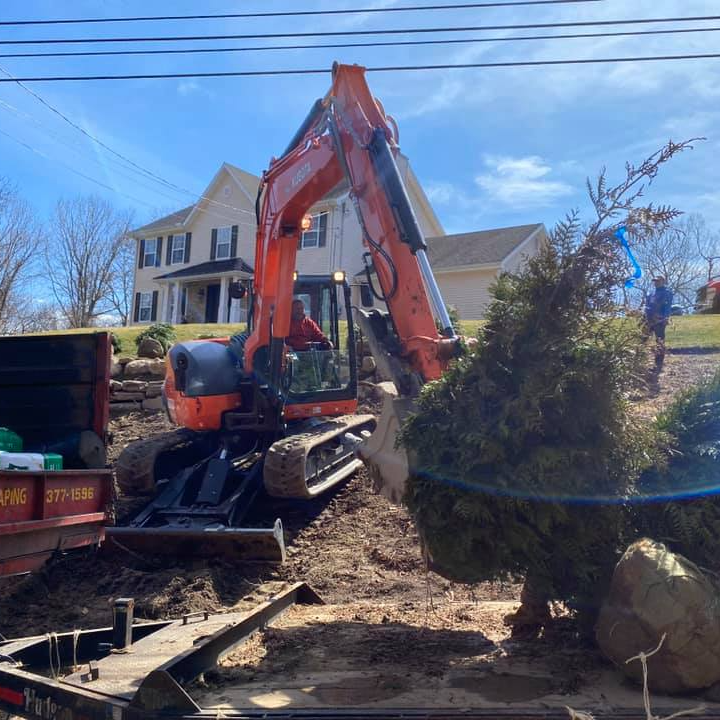Comprehensive Excavation Techniques: Understanding the Basics for Success
The careful planning, exact execution, and precise attention to detail called for in excavation jobs demand a comprehensive approach that encompasses different essential aspects. The true proficiency lies not just in understanding these principles yet in flawlessly integrating them to browse the intricacies of excavation projects with skill.
Recognizing Excavation Job Preparation

Effective excavation tasks are improved the foundation of comprehensive and precise planning. The first phase of any kind of excavation project is the drawing board, where vital choices are made that can considerably influence the outcome of the task. Throughout this phase, it is important to gather all pertinent info about the site, including topographical studies, dirt composition, and any kind of potential risks that might exist. Comprehending the project range, budget plan, and timeline restraints is critical for developing an extensive excavation plan that guarantees the task's success.
One secret aspect of excavation job planning is the advancement of a thorough timeline that outlines the sequence of turning points, tasks, and deadlines. This timeline acts as a roadmap for the project group, permitting them to track progress and make needed changes to ensure the job remains on routine. Furthermore, a well-defined budget plan that makes up all costs, consisting of equipment service, labor costs, and materials, is necessary for avoiding cost overruns and hold-ups. By meticulously considering all these aspects throughout the drawing board, excavation projects can be performed effectively and successfully, bring about effective end results.
Soil Analysis and Site Assessment
Performing thorough dirt analysis and website evaluation is an essential action in the prep work phase of any kind of excavation project. Dirt analysis includes identifying the structure, structure, and residential properties of the dirt at the excavation site. This info is important for recognizing the soil's bearing capacity, dampness content, and possibility for erosion, which are key aspects in establishing the excavation methods and tools required for the task.
Site evaluation exceeds soil evaluation and includes a more comprehensive evaluation of the total website problems. This evaluation consists of determining any kind of potential hazards, such as underground energies, environmental issues, or unsteady terrain, that might impact the excavation procedure. By completely examining the site, job managers can develop effective excavation methods that focus on safety and security, performance, and environmental management.
Utilizing advanced modern technologies like ground-penetrating radar, soil tasting, and drone studies can improve the precision and efficiency of dirt evaluation and site analysis. Investing time and sources in these initial actions can eventually conserve time and avoid costly delays or difficulties during the excavation procedure.
Tools Option and Application
Effective excavation projects depend greatly on tactical tools choice and use to make sure optimum performance and efficiency. Selecting the best devices for the work is critical in making best use of effectiveness and decreasing downtime. Factors such as the kind of soil, depth of excavation, and project range play a considerable role in figuring out the most suitable equipment for the job handy.

Along with picking the proper devices, proper utilization is essential to view it job success. Operators must be trained to handle the equipment safely and effectively - septic ohio. Normal upkeep checks and prompt repair services aid stop break downs and make sure constant performance throughout the job
Precaution and Laws Conformity
In the realm of excavation projects, focusing on security procedures and conformity with guidelines is vital to guaranteeing a safe and lawfully audio functional atmosphere. Security procedures include a series of practices, consisting of performing complete site assessments, applying appropriate signs and obstacles, and offering adequate safety and security training for all workers associated with the excavation procedure. Adherence to why not try these out policies, such as OSHA needs in the United States, ensures that the excavation project meets the essential standards to safeguard employees, spectators, and the surrounding setting.

Surveillance Progress and Adjusting Methods
Exactly how can predict managers properly track the development of excavation tasks and adapt their techniques as necessary to maximize outcomes? Tracking progression is necessary for making certain that excavation projects remain on track and meet deadlines.

Final Thought
To conclude, understanding the basics of detailed excavation approaches is essential for the success of any kind of job. By understanding job preparation, analyzing dirt and site problems, picking ideal devices, abiding with safety laws, and checking progression, task supervisors can make sure a effective and smooth excavation procedure. Carrying out these methods will certainly bring about successful results and reduce prospective risks or problems during the excavation project.
The preliminary stage of any excavation project is the preparation stage, where crucial choices are made that can substantially affect the end result of the project. Recognizing the job timeline, extent, and budget restrictions is essential for creating a comprehensive excavation strategy that ensures the job's success.
How can forecast supervisors efficiently track the advancement of excavation projects and adjust their methods accordingly to optimize end results? By closely keeping an eye on progress and being willing to adapt strategies, project supervisors can boost the total success of excavation tasks.
By recognizing job preparation, analyzing dirt and site problems, picking suitable devices, abiding with safety and security policies, and keeping an eye on progression, task additional info managers can ensure a smooth and effective excavation procedure.